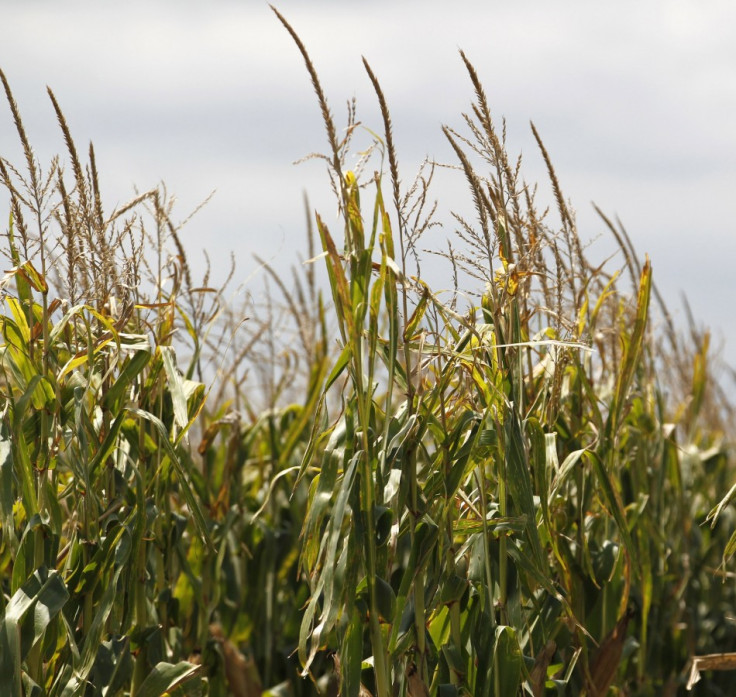Rio +20: Poverty and Green Development Top Agenda

Officials across the world will come together to meet and discuss poverty, social equity and environmental protection at the Rio+20 Conference, which will be held in Rio de Janeiro, Brazil, from 20 to 22 June 2012.
More than 2,000 people including 130 world leaders, business executives, mayors, civil society groups, youth and indigenous peoples are expected to attend the meeting.
The conference will focus on two major themes:
1. A green economy in the context of sustainable development poverty eradication.
2. The institutional framework for sustainable development.
"Rio+20 is our opportunity to establish a new paradigm for growth - building on what works, discarding what does not," said Ban Ki-moon, Secretary-General at the United Nations, in a statement. "We need nothing less than a revolution in our thinking about the foundations of dynamic growth and the well-being of future generations. A successful outcome in Rio will reverberate throughout the world. It could set the stage for broad-based, equitable and dynamic growth and development for a generation."
The conference will highlight seven areas that need immediate attention; these include decent jobs, energy, sustainable cities, food security and sustainable agriculture, water, oceans and disaster readiness.
1. Jobs: Economic recession has drastically hit our society. Currently, there more than 180 million people who are unemployed. Officials claim that over the next ten years there will be more than 500 million people looking for jobs. They only way all of them can get access to decent jobs is by introducing more green jobs. Green jobs in the field of agriculture, industry, services and administration contribute to preserving or restoring the environment.
2. Energy: Energy is one of the crucial areas that needs immediate attention. Energy is one of the essentials things in our life; we cannot imagine a day without electricity, even though it is so important for daily life. UN officials have found that one in five people still do not get access. They believe the only way for all people to get access to energy is by using renewable energy - solar, wind, water, biomass and geothermal energy as these sources are inexhaustible.
3. Cities: Cities are hubs for ideas, commerce, culture, science, productivity, social development and much more. At their best, cities have enabled people to advance socially and economically. However, many challenges exist to maintaining cities in a way that continues to create jobs and prosperity while not straining land and resources. Common city challenges include congestion, lack of funds to provide basic services, shortage of adequate housing and declining infrastructure. The challenges cities face can be overcome in ways that allow them to continue to thrive and grow, while improving resource use and reducing pollution and poverty.
4. Food: Today nearly a billion people go hungry every day and if things are not changed several people will die of hunger. So, Rio+20 is promoting a "Zero hunger" with zero wasted food, all food and agriculture produced sustainably, and dramatic increases in food production and the income.
5. Water : Water is one of essential things that needs immediate attention. Clean, accessible water for all is an essential part of the world we want to live in. Officials claim that there is sufficient fresh water on the planet but due to bad economics or poor infrastructure, every year millions of people, most of them children, die from diseases associated with inadequate water supply, sanitation and hygiene. Water scarcity, poor water quality and inadequate sanitation negatively impact food security, livelihood choices and educational opportunities for poor families across the world. Drought afflicts some of the world's poorest countries, worsening hunger and malnutrition. By 2050, at least one in four people is likely to live in a country affected by chronic or recurring shortages of fresh water.
6. Ocean: The world's oceans - their temperature, chemistry, currents and life - drive global systems that make the earth habitable for humankind. Our rainwater, drinking water, weather, climate, coastlines, much of our food, and even the oxygen in the air we breathe, are all ultimately provided and regulated by the sea. Throughout history, oceans and seas have been vital conduits for trade and transportation. Careful management of this essential global resource is a key feature of a sustainable future, according to the UN officials.
7. Disaster: Disasters caused by earthquakes, floods, droughts, hurricanes, tsunamis and more can have devastating impacts on people, environments and economies. But resilience -- the ability of people and places to withstand these impacts and recover quickly -- remains possible. Smart choices help us recover from disasters, while poor choices make us more vulnerable. These choices relate to how we grow our food, where and how we build our homes, how our financial system works, what we teach in schools and more. With a quickening pace of natural disasters taking a greater toll on lives and property, and a higher degree of concentration of human settlements, a smart future means planning ahead and staying alert.
UN officials claim that by the end of 2030, the world will need at least 50 per cent more food, 30 per cent more water and 45 per cent more energy and if governments do not adapt to these steps there is likely to be more poverty and by the end of 2030 and more 600 million people across the world will be jobless, if initiatives is not taken by governmental institutions.
© Copyright IBTimes 2024. All rights reserved.





